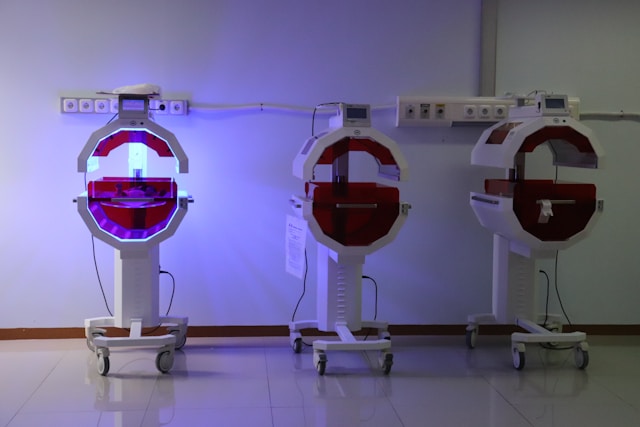Navigating Medical Device Development: Overcoming Key Challenges with Expert Support
Developing a medical device is no small feat. It’s a process that demands a mix of creativity, technical skill, and careful attention to regulations. Yet, even the most experienced teams encounter roadblocks along the way. From grappling with regulatory red tape to managing the intricacies of manufacturing, these challenges can feel overwhelming. Thankfully, specialized medical device manufacturing companies can step in, offering expertise and solutions to keep the process on track.
Here, we’ll explore the top bottlenecks in medical device development, share solutions, and highlight how expert manufacturers can make a world of difference.
Top Bottlenecks in Medical Device Development
1. Regulatory Compliance and Approval
One of the biggest hurdles in medical device development is navigating the regulatory maze. With organizations like the FDA and EMA enforcing strict standards, getting a device approved often feels like a marathon. Consider this: according to the FDA, the average time for 510(k) clearance is approximately 177 days. Delays here can be costly and frustrating.
Anecdote: Imagine a startup that developed a groundbreaking wearable for cardiac monitoring. Despite its innovative design, the product’s launch was delayed by over a year due to incomplete regulatory documentation. A partnership with a specialized manufacturer helped them reorganize their compliance strategy and ultimately secure approval within months.
Solution: Specialized medical device manufacturers are well-versed in regulatory requirements. They can assist in preparing submissions, running necessary tests, and ensuring that all documentation is airtight. Their experience can turn what feels like an uphill climb into a smoother journey.
2. Design Verification and Validation
Making sure a medical device is safe and effective requires rigorous testing. Verification ensures the device meets design specifications, while validation confirms it works as intended in real-world conditions. According to industry research, 70% of device failures stem from insufficient testing during these phases.
Anecdote: A mid-sized company working on a surgical instrument learned this lesson the hard way. Initial testing overlooked minor design flaws that led to performance issues in clinical trials. Partnering with a specialized manufacturer allowed them to perform more thorough validation, saving the project from complete failure.
Solution: Expert manufacturers have state-of-the-art facilities for testing and validation. They identify potential issues early in the design process, preventing costly redesigns and ensuring that devices meet both regulatory and user expectations.
3. Scaling Manufacturing and Managing Supply Chains
Transitioning from a prototype to full-scale production is another common pain point. Managing the supply chain, ensuring quality across every unit, and meeting production deadlines can overwhelm even the best teams. A Deloitte study revealed that 56% of medical device companies cited supply chain issues as a significant challenge during scaling.
Anecdote: A company developing an advanced prosthetic limb faced a major setback when a supplier couldn’t meet demand for a key component. Turning to a specialized manufacturing partner with an established supply chain helped them source the materials efficiently, meeting their production goals without compromising quality.
Solution: Partnering with a specialized manufacturer gives you access to a reliable supply chain and scalable production facilities. These experts ensure that materials are sourced cost-effectively and production processes meet strict quality standards, enabling a timely and efficient market launch.
How Specialized Manufacturers Add Value
Collaborating with a specialized medical device manufacturing company, like Gener8, doesn’t just solve immediate problems—it can elevate the entire development process. Here’s how they help:
- Expert Consultation: These companies offer tailored guidance on everything from compliance to risk management. Their insights help you avoid pitfalls and make informed decisions that align with industry standards and market needs.
- Streamlined Manufacturing: From precision engineering to large-scale production, specialized manufacturers ensure consistency and quality at every stage. They often use advanced technologies like automation and AI-driven quality control to improve efficiency.
- Proven Quality Management Systems: Many of these companies operate under ISO 13485-certified systems, ensuring compliance with international standards. This guarantees that every device they produce meets rigorous safety and performance requirements.
The Bottom Line
Medical device development comes with its share of challenges, but those challenges aren’t insurmountable. By addressing bottlenecks like regulatory compliance, design validation, and scaling production, you can bring high-quality, innovative devices to market faster. And with the help of a specialized medical device manufacturing company, you don’t have to navigate this journey alone.
Whether you’re a startup bringing a bold idea to life or an established company expanding your portfolio, their expertise can save you time, money, and countless headaches. With the right partner, you’re not just building a device—you’re building a better future for patients worldwide.

